Caffeic acid
Caffeic acid is a naturally occurring phenolic compound known for its potent antioxidant, anti-inflammatory, antimicrobial properties, and potential anticarcinogenic effects, widely utilized in nutritional supplements, cosmetics, pharmaceuticals, and as a food preservative.
Overview:
Caffeic acid is a naturally occurring organic compound classified within the group of phenolic acids, found abundantly in plants, including coffee beans, fruits, and vegetables. It is renowned for its antioxidant properties, playing a crucial role in protecting cells against oxidative stress and associated damage. Beyond its potent antioxidant capacity, caffeic acid has been studied for its anti-inflammatory, antimicrobial, and anticarcinogenic properties, making it an attractive compound for various health-related applications.
Caffeic acid Key Features:
– Powerful Antioxidant: Offers strong protection against oxidative stress and free radical damage.
– Anti-inflammatory Properties: Helps reduce inflammation, potentially aiding in the management of inflammatory diseases.
– Antimicrobial Activity: Exhibits the ability to inhibit the growth of various bacteria and fungi.
– Potential Anticarcinogenic Effects: Early research suggests a capability to suppress the formation and proliferation of cancer cells.
– Natural Source: Extracted from a wide range of plant sources, ensuring an organic and natural product.
Caffeic acid Applications:
– Nutritional Supplements: Included in health supplements to leverage its antioxidant and anti-inflammatory benefits.
– Cosmetic Formulations: Utilized in skincare and beauty products for its antioxidative properties, helping to improve skin health and appearance.
– Pharmaceuticals: Explored for its potential in developing treatments for inflammatory and microbial infections, as well as cancer prevention.
– Food Industry: Used as a natural preservative due to its antimicrobial properties and to enhance the nutritional value of foods.
Caffeic acid Functions:
– Cell Protection: Guards cells against oxidative damage, supporting overall cellular health.
– Inflammation Reduction: Modulates inflammatory processes in the body, offering relief in various inflammatory conditions.
– Microbial Growth Inhibition: Acts against harmful bacteria and fungi, contributing to the preservation of products and health.
– Cancer Risk Mitigation: Research indicates potential in reducing the risk or progression of certain cancers through its anticarcinogenic properties.
Details
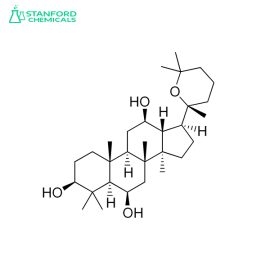
| Available Sizes | 30 capsules, 60 capsules, 90 capsules |
|---|---|
| Key Ingredient | High-quality, pure Panaxatriol extract |

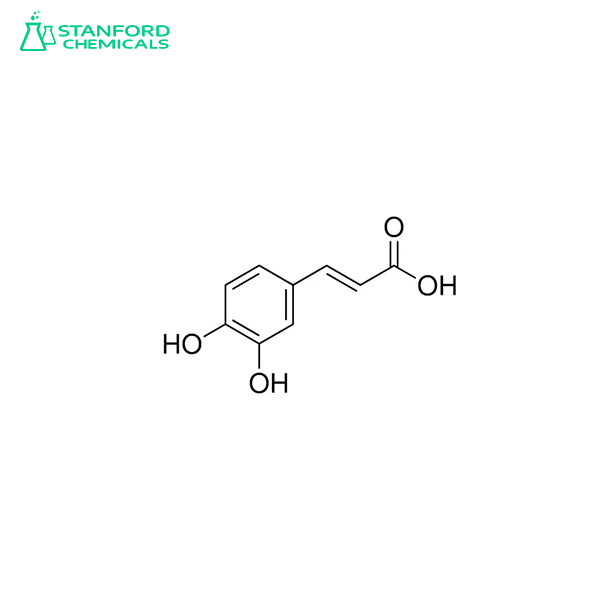
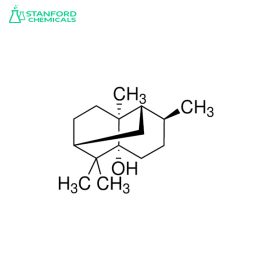
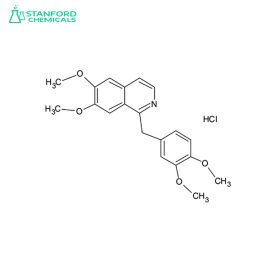
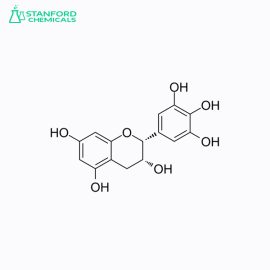
Reviews
There are no reviews yet.